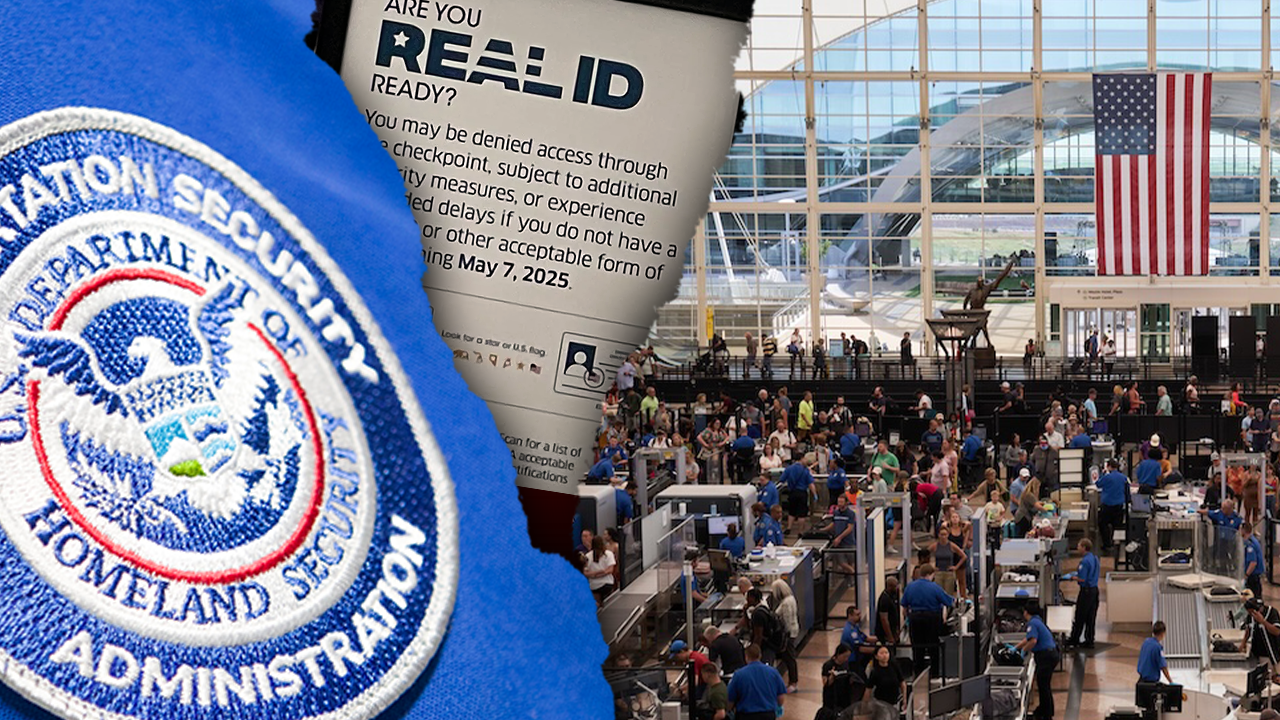REAL ID draws new attention to America’s contentious relationship with the DMV

After 20 years of delay, a stricter identity verification requirement for U.S. residents is finally set to take effect next week. This new law will require individuals to visit their state’s Department of Motor Vehicles (DMV) to obtain a REAL ID-compliant form of identification in order to board flights or enter federal buildings.
Each state has its own variation of the DMV, whether it’s called the Department of Public Safety, Department of Highway Safety and Motor Vehicles, or simply the DMV. Despite the different names, these facilities all serve the same purpose of issuing driver’s licenses and identification cards to residents.
The REAL ID is a state-issued form of identification that meets federal standards and requires individuals to provide additional documentation, such as proof of residency and a certified birth certificate. These IDs are marked with a star or symbol in the corner to indicate compliance with the new standards.
While some states have been issuing REAL IDs for years, others are struggling to meet the deadline. As the enforcement date approaches, residents in non-compliant states are facing a rush to obtain the necessary identification. In some states, like New Jersey, appointments at DMVs are fully booked, leaving many residents without a way to obtain a REAL ID.
The Department of Homeland Security estimates that only 56% of state-issued IDs are currently compliant with the new requirements. This has prompted concerns about potential travel disruptions and access to federal buildings for millions of Americans.
Some state lawmakers, like Kentucky’s Senate Transportation Committee Chair Jimmy Higdon, have called for a delay in the enforcement date to allow more time for residents to obtain REAL IDs. Without the proper identification, individuals could face longer wait times at airports and potential disruptions to their travel plans.
As the May 7 deadline approaches, it remains to be seen how many Americans will have the necessary REAL ID. TSA has warned that those without compliant IDs could face travel delays and other disruptions, impacting what is expected to be a busy summer travel season. With compliance rates varying across states, the enforcement of this new law is set to pose challenges for many U.S. residents.




